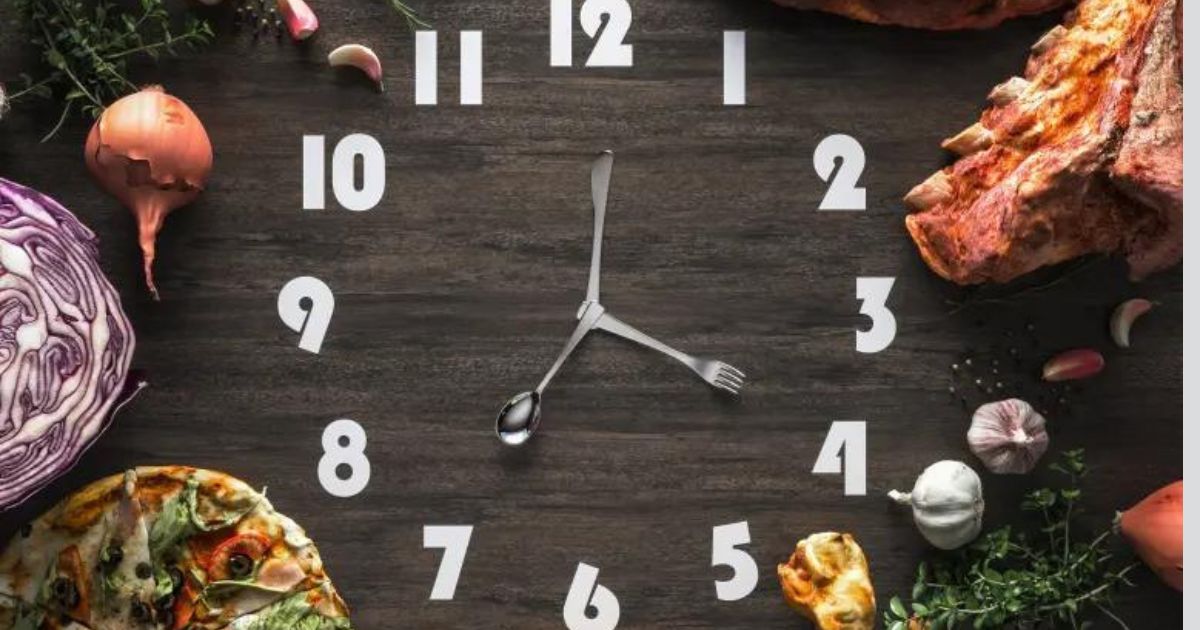In a groundbreaking study conducted by the University of Sorbonne in Paris, France, researchers discovered a potential link between late-night dinners and an increased risk of stroke or mini stroke. Published in the journal Nature Communications, the seven-year study, which involved 100,000 participants, sheds light on the implications of dinner timing on cardiovascular health.
Late Dinners and Stroke Risk: Key Findings
The study, spanning seven years, monitored the meal times of participants on both weekdays and weekends, correlating them with the risk of cardiovascular disease. Notably, individuals who consumed dinner after 9 p.m. were found to have a 28% higher likelihood of suffering a stroke. For every hour beyond 8 p.m. that participants ate their dinner, the chances of experiencing a stroke or transient ischemic attack (TIA) increased by 8%.
A TIA, characterized by temporary symptoms similar to a stroke, does not cause permanent damage, but approximately 1 in 3 individuals who experience a TIA will later endure a full-blown stroke, according to the Mayo Clinic.
Health Consequences of Late-Night Eating
The study unveiled that late-night eating poses health risks, as digesting food later in the evening raises both blood sugar and blood pressure. Elevated evening blood pressure over time may damage blood vessels, leading to an increased risk of heart attack or stroke. However, the study did not find the same correlation between late dinners and coronary heart risk.
Women were particularly affected by late dining hours, constituting 80% of the study cohort. Bernard Dour, the senior author of the study, emphasized the need for further research to confirm these findings and suggested that individuals who eat late due to time constraints may increase their risk of health problems.
Morning Meals and Coronary Heart Disease
Interestingly, the study revealed a connection between men’s health and breakfast timing. For every hour later a man ate breakfast, his risk of coronary heart disease rose by 11%, compared to an overall rate of 6% for all genders. Men seemed more closely tied to the timing of their morning meals.
Overnight Fasting and Health Benefits
The research also highlighted the health benefits of overnight fasting, particularly for those who ate dinner early. For every additional hour of fasting in the evening, the risk of stroke or TIA decreased by 7%.
Is There an Ideal Dinner Time?
Experts suggest that the ideal time for the last meal of the day is between 5 to 7 p.m. Dr. Dana Cohen, an integrative medicine specialist, emphasized that the later it gets, the less food one should consume. Another study published last year in Cell Metabolism found that individuals who ate meals at 5 p.m. burned more calories than those who dined later.
However, it’s not just when people eat that matters; the length of time between dinner and sleep also plays a crucial role. Kayla Kopp, a registered dietitian at Cleveland Clinic’s Center for Human Nutrition, advised that individuals prone to acid reflux or heartburn, or those with type 2 diabetes, might benefit from having an earlier dinner. The key is to maintain a consistent eating schedule and avoid prolonged periods without food.
In conclusion, the study emphasizes the importance of considering meal timing in relation to overall health, with potential implications for cardiovascular well-being. Further research is needed to explore the intricacies of these findings and to provide more specific dietary guidelines for maintaining optimal health.








Leave a Reply
You must be logged in to post a comment.